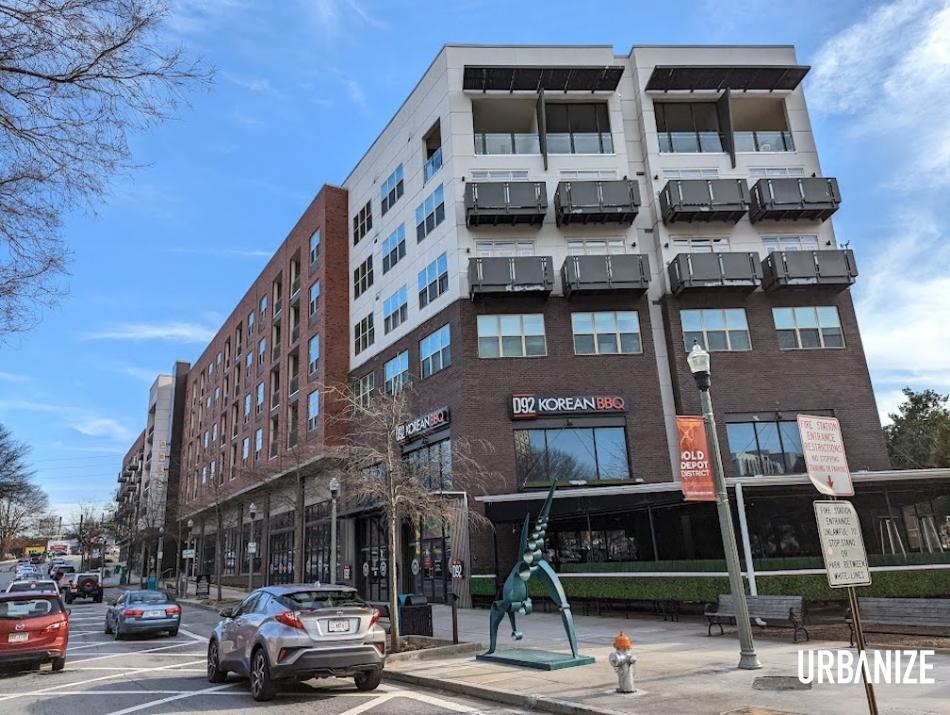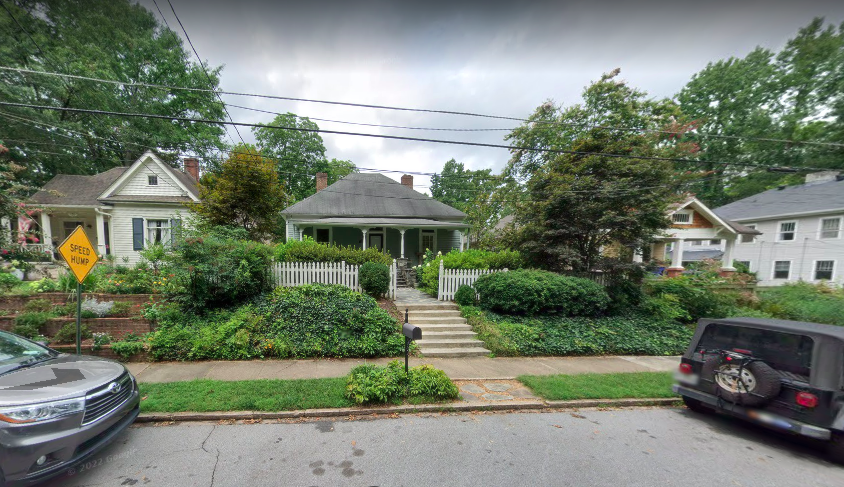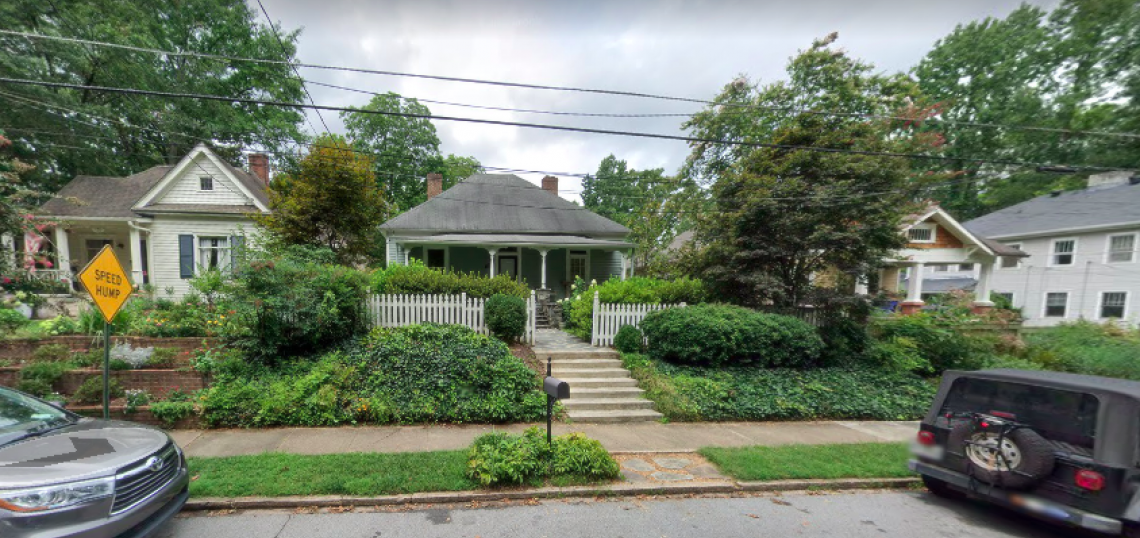As devout Atlanta urbanists are probably aware, the City of Decatur has taken the final necessary step toward opening the door for a greater variety of home types that, in theory, will create more affordable or workforce housing options in a transit-connected, walkable city that’s become prohibitively expensive.
That’s not to say the concept of more “missing middle” housing in Decatur hasn’t been divisive.
The Decatur City Commission on Monday unanimously approved zoning amendments that will re-allow housing types that have been outlawed for more than three decades in the city: duplexes, triplexes, and quads that can also include an accessory dwelling unit, or ADU, on the property.
That means up to five units will be permissible on some lots once reserved for a single house in any residential zone around Decatur.
It was the second of two formal commission votes required to adopt the switch in Decatur and eliminate exclusively single-family zoning. The ordinance, as Decaturish reports, will go into effect in June.
Decatur resident Andrew Porter, a proponent of the zoning change and “geekish” follower of similar issues, called the commission’s votes a “pretty big deal considering the pushback”—and one that could set a new precedent across metro Atlanta, if not Georgia.
 Decatur's Arlo project is one example of vibrant mixed-use development that's taken shape over the past decade. Josh Green/Urbanize Atlanta
Decatur's Arlo project is one example of vibrant mixed-use development that's taken shape over the past decade. Josh Green/Urbanize Atlanta
“The roots of single-family zoning aren't admirable. We think of it as a normal pattern of growth, but the intent to exclude—on the basis of class, race, and other differences—is hardwired into it,” wrote Porter in an email to Urbanize Atlanta. “It's exclusionary by definition, which is particularly ironic in a community like Decatur that's worked hard to make issues of inclusion and diversity a priority in city policy.
“When every new home is north of a million dollars, the prospect of something smaller costing half that, a third of that, or [being] for rent is a big deal,” Porter continued. “[It] will open the door to a lot of people who'd otherwise be locked out.”
But as with any topic involving significant changes to urban land use, not everybody’s sold.
 Homes along Drexel Street typify the DeKalb County city's older residential architecture. Google Maps
Homes along Drexel Street typify the DeKalb County city's older residential architecture. Google Maps
One Decatur resident against the zoning change, who we’ll call Mike, thinks the new policy could eventually endanger the charming residential architecture the city of 25,000 is known for—without serving its intended purpose. (He asked that his comments remain anonymous.)
“Neighbors I’ve talked with think this is a foolish, shortsighted approach to providing so-called missing middle affordable housing,” wrote Mike. “It’ll cause historic bungalows to be torn down to make way for cheesy, boxy new units built to minimum code cheap standards. And price-wise, they will not be cheap and will not produce the much-needed targeted workforce housing.
“In the meantime,” Mike continued, “Decatur’s charming small bungalows will be torn down by profit-driven developers under this new zoning.”
As the City of Decatur evolves, will the move toward more inclusive zoning really matter? Will it open a door for younger or lower-income residents hoping to live the Decatur life? Will it diminish the quality of life for those already there?
Please take a second, scroll down to the poll below, and weigh in.
...
Follow us on social media:
• Decatur news, discussion (Urbanize Atlanta)






